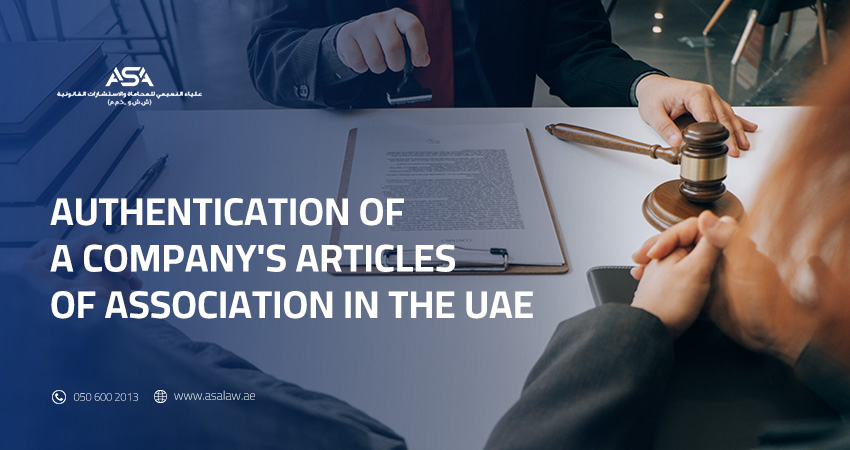Legal Commentary: Federal and Local Judicial Principles Unification Authority Rules that a Bounced Cheque Due to “Account Closure” Constitutes an Executory Instrument
On 21 September 2023, the Federal and Local Judicial Principles Unification Authority issued its decision in Application No. (1) of 2023, submitted by the UAE Attorney General, during its session held at the headquarters of the Federal Supreme Court in Abu Dhabi. The decision aimed to unify the judicial opinion regarding the circumstances under which a bounced cheque may be considered an executory instrument in accordance with the UAE Commercial Transactions Law.
Legal Basis of the Decision
The decision is grounded in Article (667) of Federal Decree Law No. (50) of 2022 regarding the issuance of the Commercial Transactions Law, which explicitly provides that a cheque returned due to “insufficient funds” or “no funds available” shall be considered an executory instrument enforceable by the holder through summary execution proceedings. However, the law does not explicitly address the situation of a cheque being returned due to “account closure,” which previously led to divergent interpretations by the Dubai Court of Cassation and the Abu Dhabi Court of Cassation.
Substance of the Ruling
By majority vote, the Authority ruled that the expression “account closure” is legally equivalent in effect to the expressions “insufficient funds” or “no funds available.” Accordingly, a cheque returned due to account closure constitutes an executory instrument that entitles the bearer to initiate compulsory execution, either in full or in part, against the drawer.
This ruling marks a departure from the previous legal principle adopted by the Dubai Court of Cassation, which limited the executory nature of cheques to cases of insufficient or unavailable funds and excluded cheques returned for account closure. In contrast, the Abu Dhabi Court of Cassation had adopted a broader view, deeming that account closure had the same legal consequences as the lack or insufficiency of funds.
Teleological Interpretation of the Law
The Authority relied on the teleological interpretation of the law—focusing on the objective and purpose behind the legislative provision—stating that the legislature intended to enhance trust in cheques as instruments of payment and to protect the rights of creditors by ensuring speedy enforcement procedures. Since account closure renders the cheque unpayable in the same manner as insufficient or unavailable funds, it logically follows that it should be treated similarly under the law.
Legal and Economic Implications
The ruling significantly strengthens commercial and financial transactions by preventing debtors from exploiting legal gaps—such as closing their accounts before cheque due dates—to evade payment. It affirms the cheque’s enforceability and helps safeguard the integrity of financial instruments in the UAE market.
Distinguishing Between Account Closure and Insufficient Funds
It is noteworthy that account closure can sometimes be a deliberate act intended to harm the creditor or to avoid fulfilling financial obligations. By equating account closure with insufficient funds, the ruling prevents abuse and circumvention of the law, and ensures the stability of commercial relations.
Frequently Asked Questions (FAQs)
Is a cheque bounced due to account closure considered an executory instrument?
Yes. According to the 2023 ruling of the Judicial Principles Unification Authority, a cheque returned for account closure is legally treated as an executory instrument and is subject to immediate enforcement.
What is the difference between an executory cheque and an ordinary cheque?
An executory cheque can be enforced directly before the Execution Judge without filing a separate lawsuit. In contrast, an ordinary cheque requires standard judicial proceedings to establish the right to collect.
Can the enforcement of a cheque returned due to account closure be challenged?
While general legal defenses may apply, the cheque returned for account closure is presumptively enforceable unless a valid legal objection is proven.
Our Legal Services
At Alya Salem Al Nuaimi Law Firm & Debt Collection, we continuously monitor legal developments, judicial precedents, and statutory amendments. We are committed to providing our clients with precise legal advice, robust representation in cheque disputes, and tailored enforcement strategies. Whether dealing with bounced cheques or financial disputes, our legal team ensures your rights are protected and your interests are achieved efficiently.






